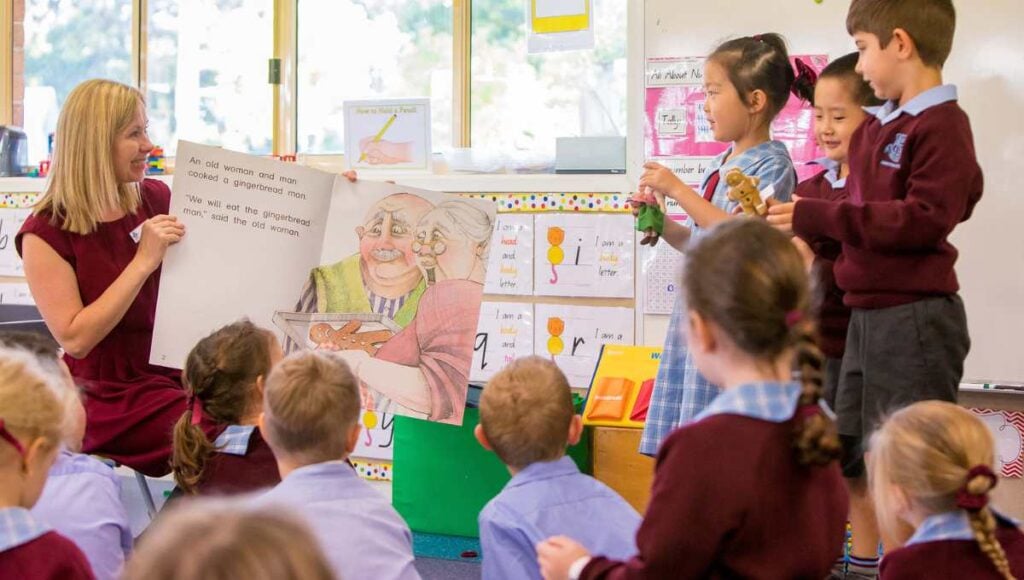A study, released on 5 October 2015, has indicated that it may be beneficial to delay your child starting Prep.
The study titled “The Gift of Time? School Starting Age and Mental Health,” has shown numerous health benefits, particularly in children’s mental health in holding back, or delaying children’s entry to school until seven.
We know that many Scandinavian countries don’t start their children until 6 or 7 and this study, undertaken in Denmark, has proven the benefits yet again of delayed entry to the more academic learning of school.
The National Bureau of Economic Research, suggested that schools in Denmark should further delay the entry of their 6 year olds until they were 7 – holding them back another full year.
Here is Queensland, our kids can start school at the end of January – if they are born at the end of June (the official cut off for school entry) they would be 4 years and 7 months old. If parents wanted to gain early entry for a July born child, they could be as young as 4 years 6 months old!
What the Study Found

This study covered children from the first year of starting school until they were 11 years old. Those that were older when they started school, who had delayed exit from kindergarten, were better regulating their own behaviour (self regulation) and showed lower instances of hyperactivity and inattention.
At age 11 there was a 73% decrease of instances of hyperactivity and inattention for children who had been delayed.
The study went on to compare those students who had delayed entry to school with their younger starting peers and found that generally the academic achievement was higher for those that had been delayed. It concluded that those that could sit still longer and concentrate for longer periods of time were more likely to learn better and fared better at academic subjects taught at school.
Self Regulation in Prep Students
There is growing evidence that play based learning is best for most children up to the age of seven. Yes! Seven!
This gives children time to learn about their world whilst they grow and develop into young students. Until a child can self regulate, control their own impulses, consider their peers and make choices about their own behaviour it is ridiculous to expect them to sit still, write letters, numbers, words and sentences and listen to sets of instructions and follow them without distraction causing them to ‘wander off’.
We are setting them up to fail. We are labelling children as ‘naughty’ when, in fact, they are behaving completely appropriately for their age.
What is the Best Age for Starting School?
The reams of evidence is suggesting that delaying exit from Kindergarten/entry to Prep for children may be the way forward for many parents.
However, this is not a decision you need to make by yourself. The best person to assist you with the decision is your child’s current Kindy/daycare teacher. They will have a raft of information from being with your child and watching them play and learn to help you make an informed decision.
here is also a ‘testing tool’ being developed to help school principals make an informed decision about ‘Prep Readiness’ – assessing social, emotional and physical abilities. Whilst it is currently being designed to test for ‘early entry’ there is no reason why the mechanism cannot be used to determine delayed entry also.
Tool to Test if Your Child is Ready For Prep
Facebook forum
We ran a Facebook forum to help parents decide if their child was ready for Prep – you can read the Q&A’s here. You might find some of your concerns addressed.

